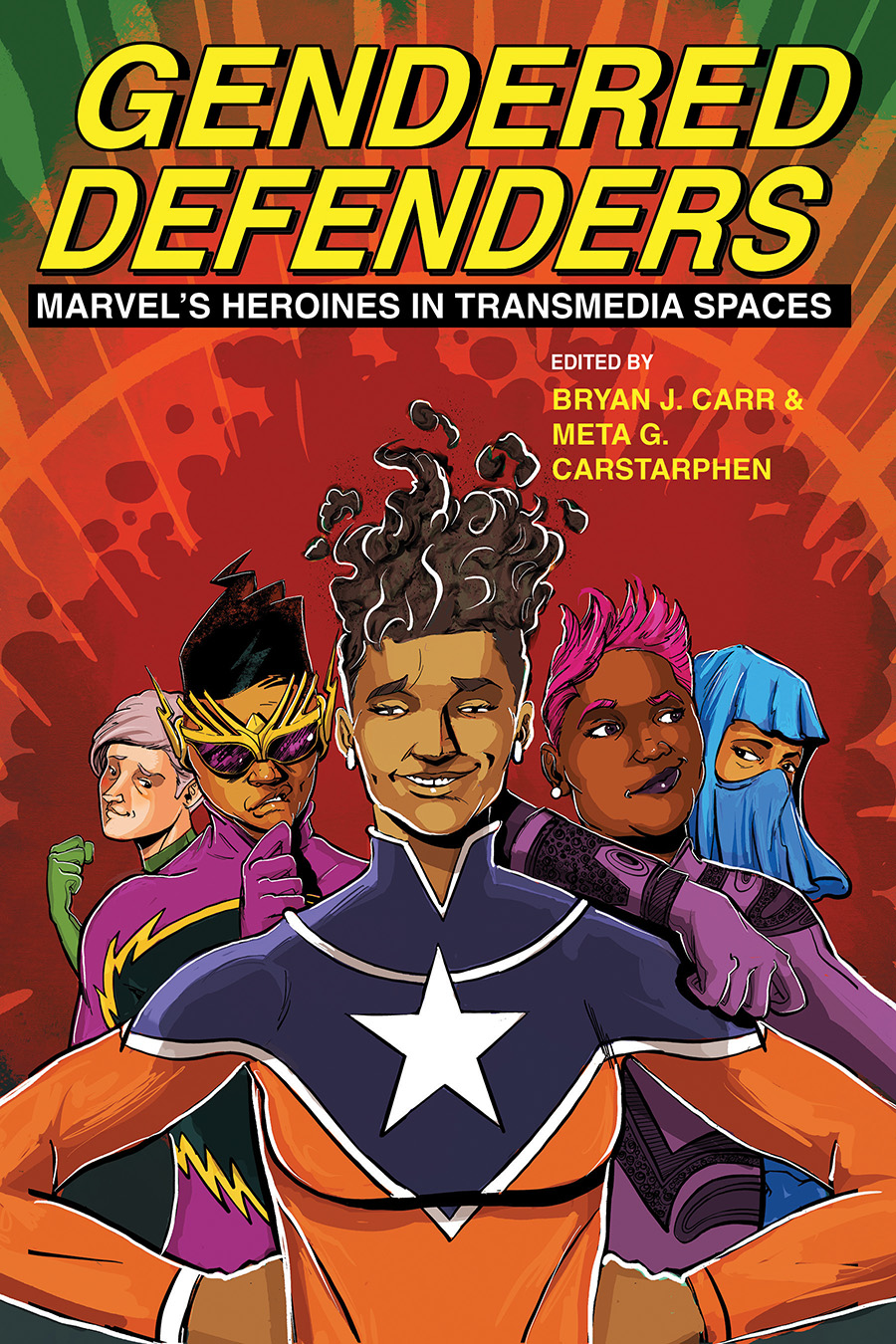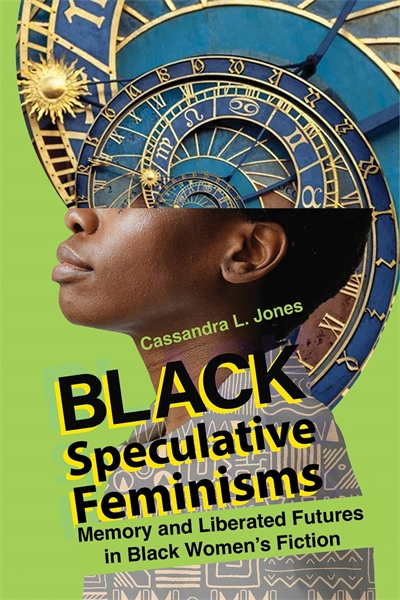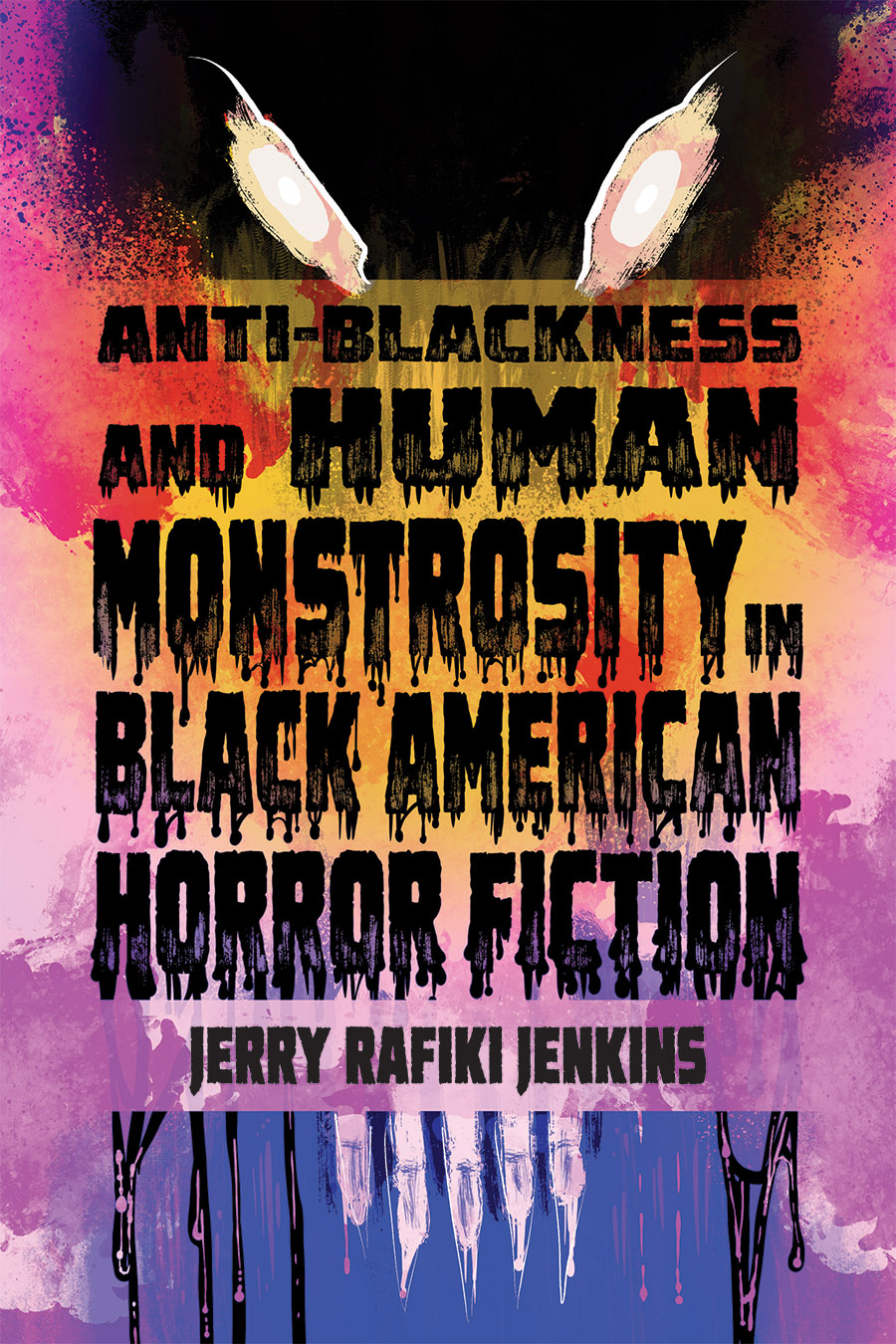Black Speculative Feminisms reviewed in Modern Language Review
“Black Speculative Feminisms is essential reading for scholars in literary studies, cultural studies, feminist theory, and African American studies. However, its insights extend beyond academia, offering valuable perspectives for anyone interested in the relationships between creativity, social justice, and future visions.” —Brande N. McCleese, H-Net Reviews
“Jones presents an ambitious close reading of speculative Afrofuturist works by Black women authors, focusing on Octavia Butler and others....Summing Up: Recommended. Advanced undergraduates through faculty; general readers.” —M. F. McClure, CHOICE
“A sophisticated navigation of a multitude of theoretical and artistic endeavors....Black Speculative Feminisms is a generous and thought-provoking interdisciplinary examination of Black women’s role in using memory as a revolutionary act of storytelling....Essential reading for students, scholars, and fans who are dedicated to furthering and understanding the field of Black sf.” —Jasmine A. Moore-Strickland, Science Fiction Studies
“A thoroughly researched and elegantly written monograph....Black Speculative Feminisms will usefully expand assessments of contemporary African American literature, of ecofeminist and Black feminist thought, and of the legacy of hybrid scholar-activist-creative thinking in Black women’s pasts, presents, and futures.” —Laura Vrana, Modern Philology
“Jones writes the complexities and interventions of Black feminist speculative fiction’s restorative fabulation with a great ethic of care, tact, and empowering analysis. Readers, professors, and literary critics will appreciate and value Jones’s pinpointing the literary transformation and interventions in Black speculative feminist texts.” —Tiffani J. Smith, Frontiers
How do Black women writing speculative fiction explore the use of memory as a potential strategy for liberation? In Black Speculative Feminisms, Cassandra L. Jones looks at the writings of Octavia E. Butler, Tananarive Due, Nalo Hopkinson, Rasheedah Phillips, and Nnedi Okorafor to chart those moments where characters harness, or fail to harness, the power of memory. These instances transform memory—individual and collective, bodily and archival—from passive recollection into direct or indirect social action. Taking a Black feminist approach, Jones addresses several emancipatory themes within Afrofuturism: the decolonization of time that can be found in fiction employing non-Western and non-linear expressions of time, exploring futurity and the projection of a full range of expressions of Black humanity into anticipated futures, and imagining new worlds and novel approaches to old problems. Drawing on critical fabulation and restorative justice, she forwards restorative fabulation as the mechanism by which speculative fiction offers a healing site for authors and readers to process generational trauma while imagining more equitable futures.
Cassandra L. Jones is Assistant Professor of Africana Studies and an affiliate faculty member in Film and Media Studies and Women’s, Gender, and Sexuality Studies at the University of Cincinnati. Her research focuses on the intersection of race, gender, speculative fiction, technology, and memory.
Contents
Acknowledgments
Introduction Black Speculative Feminisms and Restorative Fabulation
Chapter 1 Memory as Horror and Healing in Tananarive Due’s The Good House and Nalo Hopkinson’s The New Moon’s Arms
Chapter 2 Memory, Decolonization, and Alien Invasion in Nnedi Okorafor’s Lagoon
Chapter 3 Memory and Time Travel in Octavia E. Butler’s Kindred and Rasheedah Phillips’s Telescoping Effect: Part One
Chapter 4 Memory and the Reproduction of Regime: Anyanwu as Lieu de Memoire in Octavia E. Butler’s Patternist Series
Conclusion Next Steps as We Realize the World Is on Fire
Bibliography
Index
“Jones’s work illustrates the centrality of Black Speculative fiction to enable possible futures....This volume makes a great contribution for teaching African American literature by women, and stands as a great reference book for coursework.” —Patricia Coloma Peñate, Fafnir
“Black Speculative Feminisms reminds us once again that Black feminists are at the vanguard of every genre they deign to take on. Jones provides a wonderfully rich accounting of Black speculative feminist writers across time and space, encouraging readers to see the radical potential of reimagining our pasts, presents, and futures, with speculative fiction as the means to get us there.” —Moya Bailey, Digital Alchemist of the Octavia E. Butler Legacy Network
“Jones’s theory of restorative fabulation, her contributions to Black ecofeminism, and her fluency in Black feminist literary theory provide an illuminating lens for understanding how Black women archive the past and create the future.” —Shelley S. Streeby, author of Imagining the Future of Climate Change: World-Making through Science Fiction and Activism
“Black Speculative Feminisms convincingly demonstrates that the body of work by Octavia Butler and her successors represents a coherent and sophisticated artistic and social undertaking, one that is best understood on its own terms rather than made to fit existing critical criteria.” —Brian Attebery, author of Decoding Gender in Science Fiction
Related Titles:

Gendered Defenders
Marvel’s Heroines in Transmedia Spaces
Edited by Bryan J. Carr and Meta G. Carstarphen




